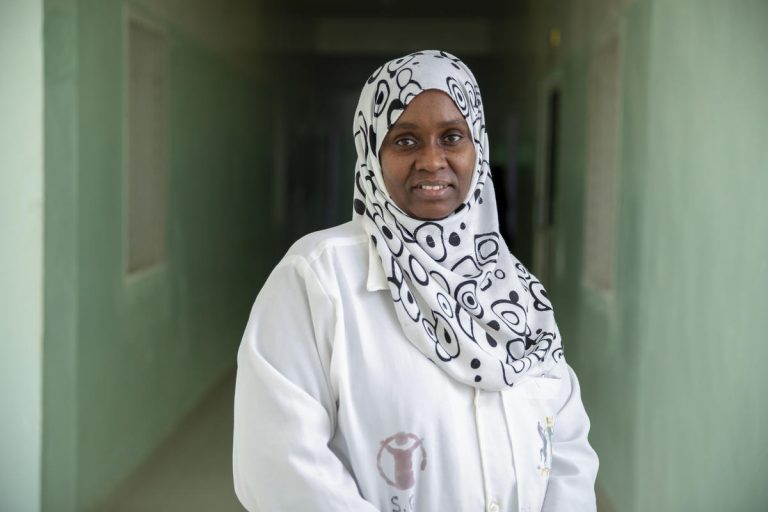By Sarah Williams
Today is the International Day of the Midwife and 2020 is the Year of the Nurse and the Midwife. It should be a time to celebrate.
For most women, birth is uncomplicated, and welcoming their new baby into the world is a joyful event which midwives are privileged to witness and be a part of.
Over the years there has been progress in reducing maternal and newborn mortality and stillbirths. Between 2000 and 2017 the global maternal mortality ratio dropped from 342 to 211 per 100,000 live births and the neonatal mortality rate fell from 31 per 1,000 live births in 2000 to 18 in 2018.
Yet, far too many women and their babies continue to die every day (approximately 810 women, 7,200 stillbirths and 6,700 newborns). Each death is devastating for the families and communities involved and, in many cases, could have been prevented.
Behind these global figures there are huge disparities in geography and wealth: 94% of these deaths occur in low and middle income countries.
Global investment in the scale-up of midwifery, ensuring that midwives are fully equipped and supported to provide the full package of care (including family planning), could avert 83% of all maternal deaths, stillbirths and newborn deaths.
The world is now in the grips of COVID-19 and the effects of this pandemic are threatening the lives of women and their babies. There is limited data available on COVID-19 and pregnancy, however studies that have been published to date do not show an increased risk of severe disease in late pregnancy or a substantial risk of newborn infection. The mortality rate for COVID-19 appears to be low in children and in women of reproductive age; however, women and children will be disproportionately affected by disruption to routine health services. We must learn from previous epidemics.
Analysis of health system data from Sierra Leone during the Ebola epidemic of 2014-2016 showed decreases in maternal and newborn care due to disrupted services and women’s fear of becoming infected if they sought treatment from health facilities. This disruption in access to maternal and newborn services contributed to an estimated 3,600 maternal and newborn deaths and stillbirths, a number strikingly similar to the number of deaths directly caused by Ebola in Sierra Leone. If midwives are pulled out from maternal and newborn health services to focus on the pandemic response, leaving routine services understaffed, there will be an increase in poor maternal and newborn health outcomes.
Estimates show the potential impact of a decline in coverage of maternal and newborn health care: even a relatively modest 10% fall in global coverage could result in a shocking additional 28,000 maternal deaths and 168,000 newborn deaths.
The risk of maternal and newborn death is highest during labor, birth and the first 24 hours of a baby’s life; we can’t always tell which women will experience complications and, for this reason, the safest place for a woman to give birth is a functioning health facility with a midwife. As essential health care providers, midwives and their role must be protected and prioritized so that they can continue to provide care to mothers and their babies during the pandemic.
Our country offices are already aware of disruptions to women’s access to care during labor, examples include laboring woman being sent back home whilst on their way to the health facility due to misinterpretation of travel restrictions, and a health center being temporarily closed as staff were off sick with symptoms of COVID-19.
Midwives must have access to personal protective equipment (PPE), soap and water in order to keep them and the women and babies they care for safe, healthy and protected from infection. We cannot expect them to provide care without adequate PPE. Additionally, if midwives become symptomatic for COVID-19 they will not be able to provide care to women and babies. In many of the countries where we work, Save the Children is supporting the procurement of PPE for health workers, including midwives.
Midwives need to be educated, resourced, equipped, supported, remunerated and integrated into health systems so that they can be there for women, newborns and their families when they need them. The world needs more midwives now, more than ever.

